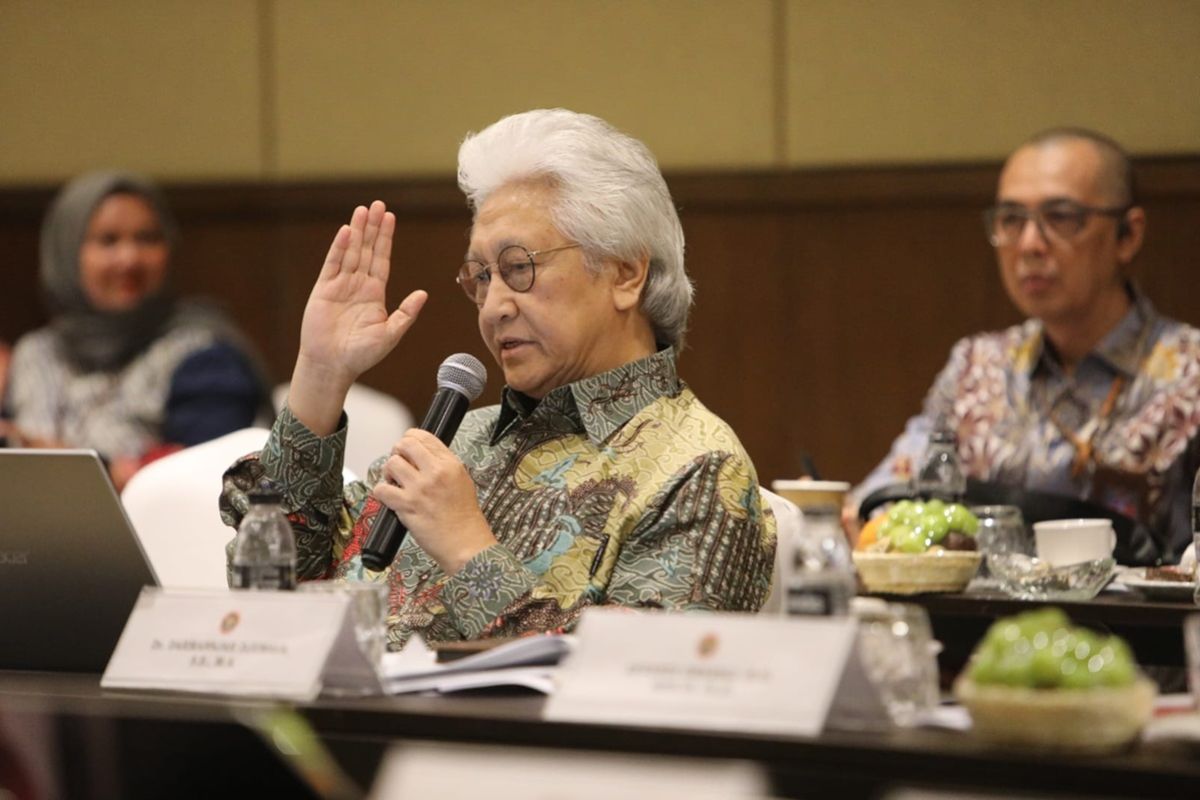BRICS new realm for actualizing Indonesia's foreign policy: BPIP

Indonesia's BRICS Odyssey: Embracing the Free and Active Principle
Indonesia's Historic BRICS Membership
Indonesia has embarked on a new chapter in its foreign policy journey as it joins the elite BRICS alliance, comprising Brazil, Russia, India, China, and South Africa.
Significance of Indonesia's BRICS Membership
Indonesia's role within BRICS is multifaceted, encompassing geopolitical, economic, and diplomatic dimensions.
Geopolitics and Independence
Indonesia's historic role as a pioneer of international cooperation grants it a unique perspective in today's complex geopolitical landscape. Its free and active principle will guide the alliance's interactions with other global powers, fostering independence amidst competing interests.
Economic Powerhouse
As a regional economic powerhouse with a significant market and a growing middle class, Indonesia will contribute to BRICS cooperation in areas such as trade, investment, and infrastructure development.
Diplomatic Bridge-Builder
Indonesia has established itself as a trusted mediator and bridge-builder among diverse nations. Its diplomatic skills will play a vital role in navigating the interests of BRICS and other global economic blocs.
Indonesia's Role in Shaping BRICS Diplomacy
Indonesia's values-driven diplomacy, rooted in principles of cooperation and dialogue, will influence how BRICS interacts with the world. Its focus on uniting and bringing parties closer will shape the alliance's approach to resolving conflicts and building partnerships.
Global Impact of BRICS
With the expansion of BRICS to include Indonesia and other member countries, the alliance has transformed into a formidable global power, representing nearly half of the world's population and a significant portion of global GDP. Its collective actions have the potential to reshape the world's economic and political order.